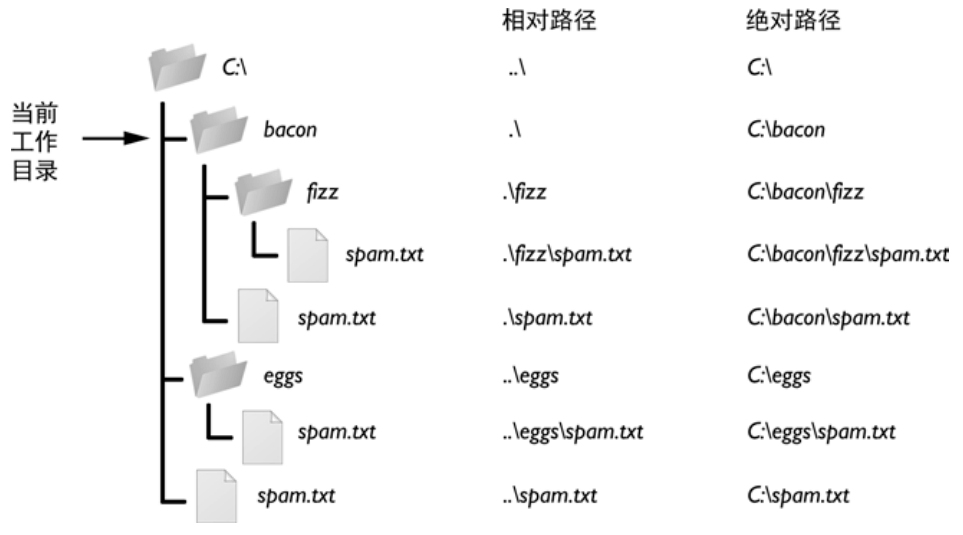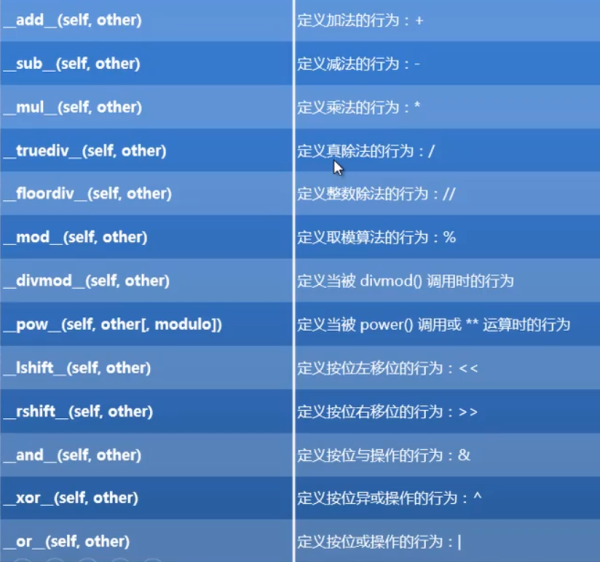压缩数据创建gzip文件
先看一个略麻烦的做法
import StringIO,gzip content = 'Life is short.I use python' zbuf = StringIO.StringIO() zfile = gzip.GzipFile(mode='wb', compresslevel=9, fileobj=zbuf) zfile.write(content) zfile.close()
但其实有个快捷的封装,不用用到StringIO模块
f = gzip.open('file.gz', 'wb')
f.write(content)
f.close()
压缩已经存在的文件
python2.7后,可以用with语句
import gzip
with open("/path/to/file", 'rb') as plain_file:
with gzip.open("/path/to/file.gz", 'wb') as zip_file:
zip_file.writelines(plain_file)
如果不考虑跨平台,只在linux平台,下面这种方式更直接
from subprocess import check_call
check_call('gzip /path/to/file',shell=True)
到此这篇关于Python中使用gzip模块压缩文件的简单好代码教程就介绍到这了。内心足够强大的人,足以填平他在身高体格相貌学历背景上的诸多劣势,甚至能让每点劣势都绽放出光芒。所以,不要埋怨现实不公,而要问自己心志是否强韧。更多相关Python中使用gzip模块压缩文件的简单好代码教程内容请查看相关栏目,小编编辑不易,再次感谢大家的支持!





